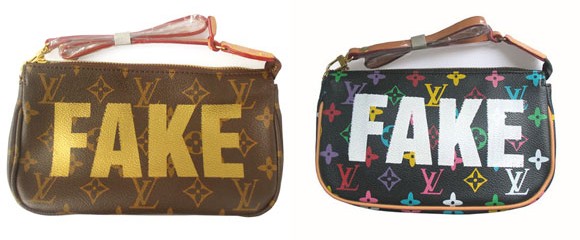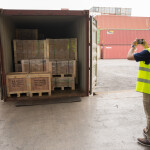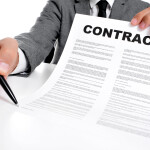21
Jun 2013
Counterfeits, an Urgent Issue in China!
Counterfeit goods from China account for almost 2% of world trade, equaling $250 billion per year, the latest research from the United Nations Office on Drug and Crimes (UNODC) shows.
Since the 1978 Economic Reform and Openness strategy, Chinahas gradually grown to the main source for pirated goods coming into the United States and the European Union. Some researchers have found that around 60% to 70% of the worldwide pirated and faked products come from mainland China.
If you have been in China for a time, you must have found many branded products are subject to counterfeiting, for example, KLC faking KFC, Nire faking Nike, Adidus faking Adidas, Cola-cola faking Coca-cola. In fact, almost all products with a well known brand are probably a victim of product counterfeiting in China. Furthermore, many widely popular generic products have also been pirated and faked by immoral manufacturers who chase interests and violate Intellectual Protection Rights (IPR).
In the last few years, faced with the growingly severe problem, China has been beset by a series of counterfeit product scandals ranging from tainted milk to fake pharmaceuticals. Although Chinese government and the relevant related organizations have seriously considered this problem, there still have been no effective solutions to point out by now.
Why is such massive number of counterfeits produced by Chinese manufacturers?
Firstly, the social awareness of intellectual property in China started late and developed slowly. In traditional Chinese minds, inventions draw on past knowledge that should belong to all citizens such as the very famous ‘Four Great Inventions’. This belief drives that many self-innovation companies in China usually do not apply for IPR to their own inventions in time until their products are pirated.
In addition, although Chinese government has proposed some regulations about protecting intellectual property from being violated, few IP owners whose legal rights were infringed would like to settle issues by judicatory way because it might cost a lot of money.
Therefore, there are several ways offering you to distinguish if the products are counterfeit or not:
1. Check the brand image, the certification marks of a product carefully
2. Check the manufacturer’s name, the date in produced, best before date of a product
3. Check the package of your product
4. Check the supply channel of the product
5. Let QC companies like SBE to help you confirm your product’s authenticity
Anyhow, it is worth pointing out that the establishment and perfection of IPR system and the increased protection awareness of IPR for China are bound to be a process of gradual development. Thanks to that, SBE is contributing to helping you or your company to manage the quality control and inspection of your products. We, with our experience of doing business for many years in China, help you to avoid counterfeit goods for your business.
http://news.xinhuanet.com/english/china/2013-05/24/c_132406720.htm
http://www.bbc.co.uk/news/business-21407916
http://www.scmp.com/news/china/article/1215994/counterfeit-goods-china-make-almost-2pc-world-trade
– See more at: http://www.sbeintl.com/
































June 27th, 2013 4:56 /
I dont think this is true